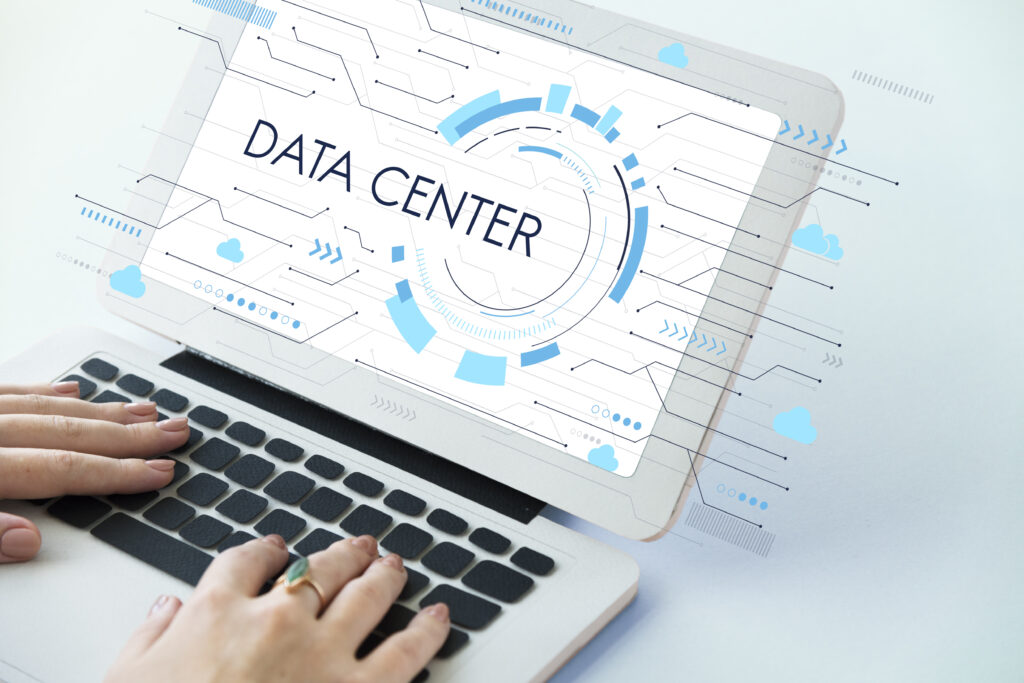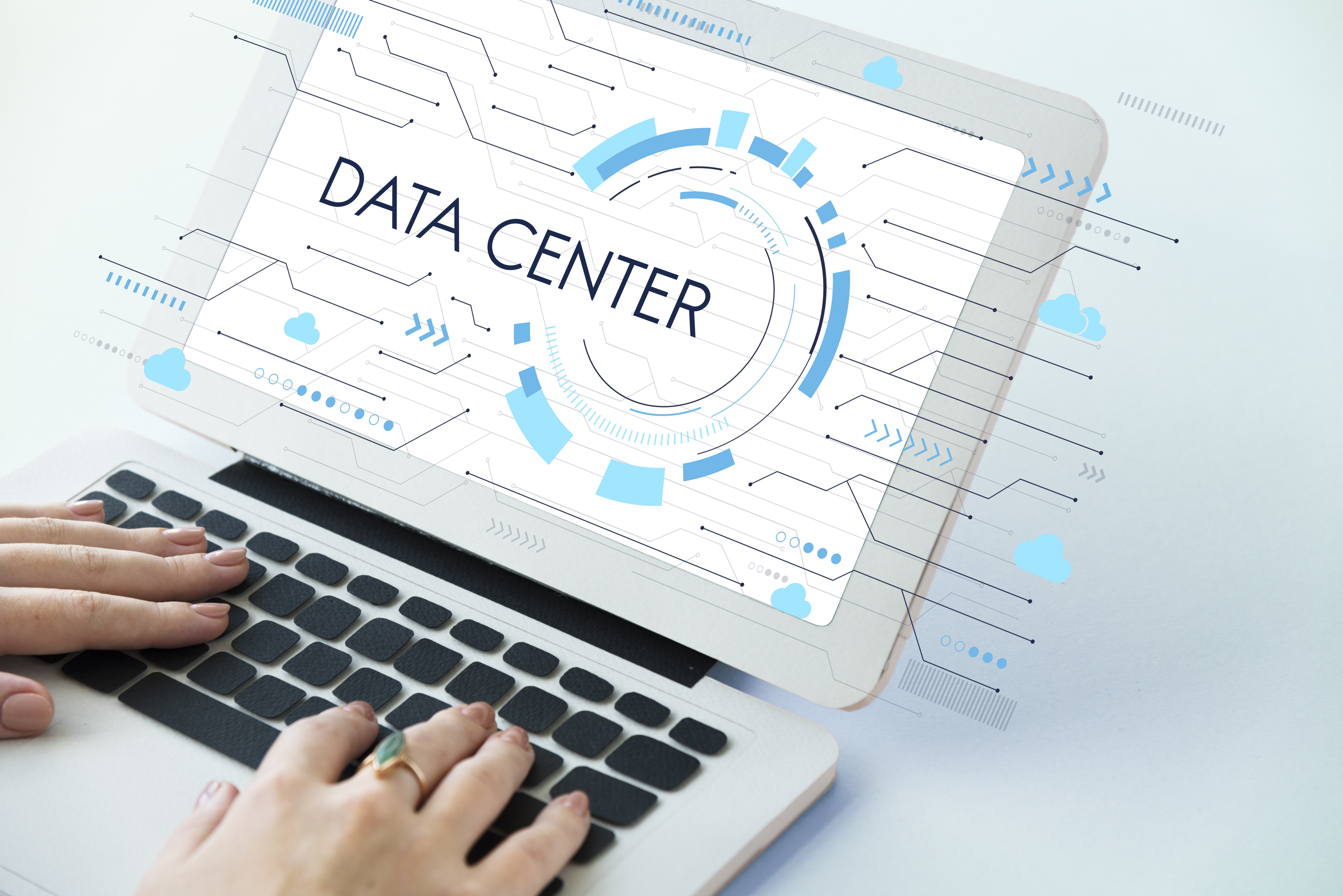In today’s digital era, businesses have access to an abundance of customer data. However, harnessing the potential of CDP and utilizing it effectively remains a challenge for many organizations. Customer Data Platforms (CDPs) have emerged as a powerful solution to address this issue, enabling businesses to collect, organize, and activate customer data for enhanced marketing and customer experience strategies. In this article, we will explore the potential of CDPs and discuss how organizations can maximize their benefits to drive growth and success.

Understanding the Potential of CDPs:
A Customer Data Platform is a unified system that integrates data from multiple sources, such as websites, mobile apps, CRM systems, and more, to create a comprehensive customer profile. This profile includes both known and anonymous customer data, enabling businesses to gain valuable insights into customer behavior, preferences, and interactions across various touchpoints. The potential of CDPs lies in their ability to aggregate and unify this data, providing a single source of truth for marketers and enabling personalized, data-driven marketing strategies.
Data Integration and Unification:
One of the key strengths of CDPs is their capability to integrate and unify diverse sets of data. By connecting disparate data sources, CDPs enable businesses to have a holistic view of their customers. This comprehensive understanding facilitates the delivery of personalized and relevant experiences across multiple channels. The potential of CDPs is realized when organizations can bring together customer data from various touchpoints, such as website visits, social media interactions, email engagements, and offline purchases, to create a complete customer profile.
Customer Segmentation and Targeting:
Once data is integrated and unified, CDPs enable businesses to segment their customers based on various attributes and behaviors. By leveraging the potential of CDPs in this area, organizations can create highly targeted marketing campaigns and personalized messaging. Advanced segmentation capabilities allow marketers to identify specific customer segments and tailor their communication to meet the unique needs and preferences of each group. The result is more effective marketing efforts, improved customer engagement, and increased conversions.
Real-time Insights and Personalization:
CDPs have the potential to deliver real-time insights, allowing businesses to respond promptly to customer behavior and preferences. With access to up-to-date customer data, organizations can personalize customer experiences in real-time, across multiple channels. By leveraging this potential, businesses can deliver relevant product recommendations, personalized offers, and timely communications that resonate with individual customers. Real-time personalization not only enhances the customer experience but also boosts customer loyalty and drives revenue growth.
Enhanced Customer Journey Orchestration:
The potential of CDP extends beyond individual touchpoints to encompass the entire customer journey. CDPs enable businesses to map out and optimize customer journeys by identifying key touchpoints, defining triggers, and automating actions based on customer behavior. By leveraging the potential of CDPs for customer journey orchestration, organizations can create seamless and personalized experiences across multiple channels, ensuring that customers receive consistent messaging and interactions throughout their journey.
Maximizing the Benefits of CDPs:
To fully unlock the potential of CDPs and maximize their benefits, organizations should consider the following:
Data Governance and Privacy: Implement robust data governance policies and ensure compliance with privacy regulations to build trust with customers and protect their data.
Integration with Existing Systems: Integrate CDPs with existing marketing technology stack, such as CRM systems, email marketing platforms, and analytics tools, to leverage the full potential of customer data.
Cross-functional Collaboration: Foster collaboration between marketing, sales, customer service, and IT teams to ensure the effective implementation and utilization of CDPs across the organization.
Continuous Learning and Optimization: Regularly analyze and learn from customer data to refine marketing strategies, optimize customer experiences, and drive continuous improvement.
Conclusion:
The potential of CDP hold immense for businesses seeking to unlock the power of customer data. By integrating and unifying data, segmenting customers, delivering real-time insights, and orchestrating personalized customer journeys, organizations can maximize the benefits of CDPs and drive growth. Embracing CDPs as a strategic investment allows businesses to tap into the vast potential of customer data and deliver exceptional experiences that meet the ever-evolving needs and expectations of their customers.
Related Articles:
1. Unlocking Superior Results with CDP for the Modern CIO
2. How MDM Can Maximize the Impact of Your CDP
3. Customer Data Platform Implementation




